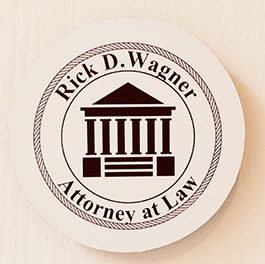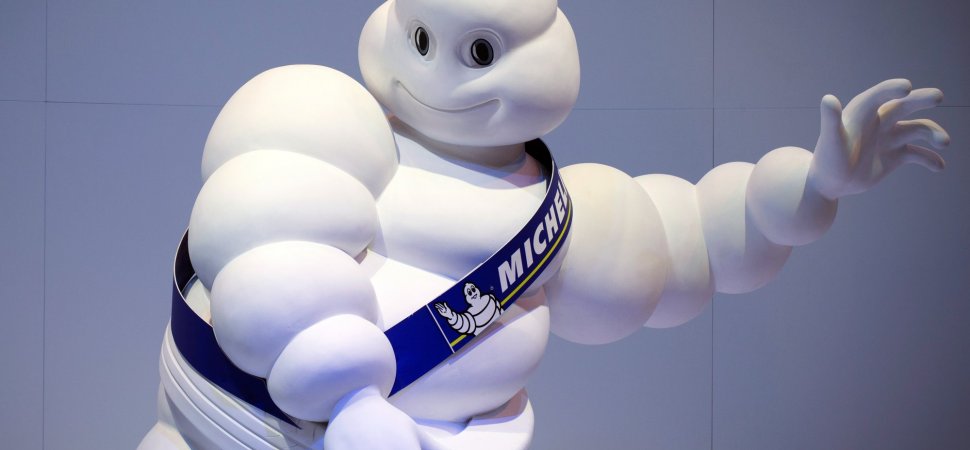Michelin is dedicated to cultivating a culture of innovation. Clearly, its goal of innovating better and faster so to maintain its lead over the competition and deliver solutions that are increasingly effective and competitive, and perfectly suited to the challenges of mobility continues to be the driver of its company culture.
It invests deeply in R&D, provides training to each employee and has put a system, called Progress Ideas, in place which enables improvement ideas to flow through from staff to leaders for consideration and implementation. All of this serves to fortify its culture of innovation.
Here are some company statistics that illustrate the firm’s commitment to sustaining its innovation culture:
- Michelin provides an average of 56 hours of training per employee per year.
- Introduced in 1927, Progress Ideas gives everyone, whatever their function, the opportunity to get involved in the Company’s life and progress by suggesting ways to solve problems or improve the manner in which Michelin does things. Consequently, nearly 60,000 ideas are put forward per year.
- The company annually invests between 3 to 4 percent of net sales in R&D
- It actively works to establish external partnerships with universities, innovative businesses and suppliers so to diversify its sources of innovation.
Couple all of this with the fact that the firm is dedicated to professional development throughout an employee’s career. Staff can count on the guidance and support of their line manager and career manager to help them map out their individualized career path. Michelin’s far flung worldwide operations also open up a range of varied and international career opportunities that help to round out one’s career and expose their leaders to more ideas for getting things done than they might otherwise see, if consigned to one locale.
The Effort Continues to Pays Off
Michelin’s decade’s long commitment to building a culture of innovation continues to deliver achievements. For example, more than 20 years ago, the Company achieved a major breakthrough that made its tires more energy efficient. Today, it is the global leader in low-energy tires and a trailblazer in the functionality economy (which consists in selling services or the use of a product rather than selling the product itself).
And, just last year, Michelin was awarded the gold medal for its latest innovation, the “2-in-1 agricultural tire,” which works to protect a farmer’s soil. The tire literally changes to adapt to its environment. Its adaptable tread means it offers outstanding performance both in fields and on the road, enabling farmers to work with tires at a very low pressure.
To close, Michelin is committed to moving forward on the strength of its iconic, innovative brand. Seemingly, it sets the standards in quality and innovation by charging Michelin employees to take great pride in its strength and providing its people with the opportunity to contribute, in their own way, to future innovative achievements.

